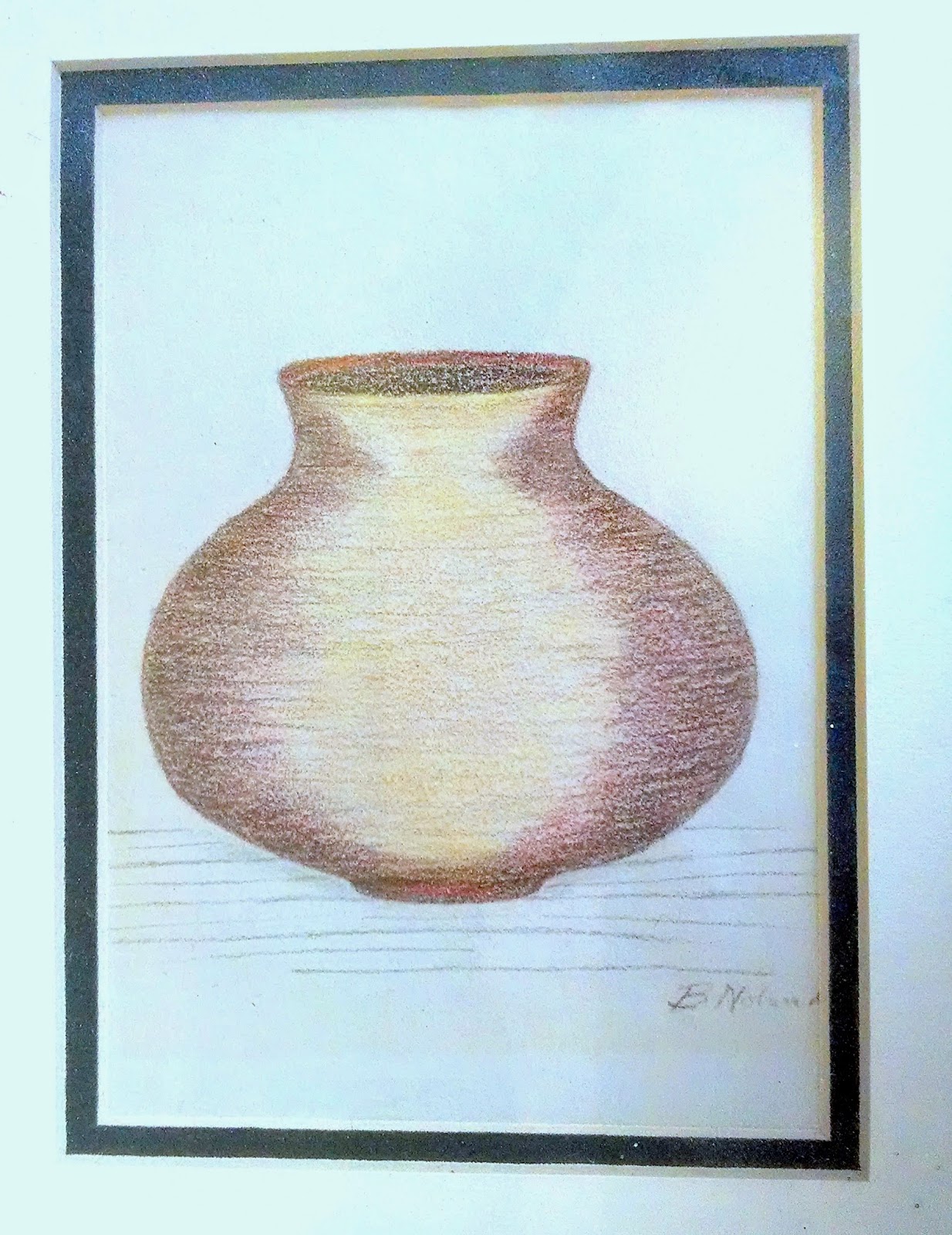No one thinks much about the donkey that took center stage on Palm Sunday so many years ago, yet Scripture is replete with these "sideliners" who we know were present, yet are pretty much ignored.
- I think about the innkeeper in Bethlehem that chilly night so long ago. Did he ever return to the manger? Did he see the multitude of the heavenly host? Or the baby wrapped in swaddling cloths?
- And I wonder about those guys who circled Jesus and the Samaritan woman at the well with stones in their fists. We know that not one threw a rock, but were they changed? Where did they slink off to when they left the scene, one by one?
- And did the bride at the wedding at Cana ever find out that Jesus saved the day when her father ran low on wine? Did she ever thank Jesus? Or ask him how he did it?
What became of these essential figurines in our faith who don't receive but a passing mention?
And what do they have to tell us about our own humanity? Poet Mary Oliver pointed me to their simple existence with her obscure poem called "The Poet Thinks about the Donkey." Oliver drew my attention to not just the donkey, but all the others. What wisdom do these sideliners have to impart to us? She made me wonder about my own "donkey-ness" as I seek to deepen my relationships with the Lord and with others.
What wisdom can the donkey impart to us? Here's the poem:
The Poet Thinks about the Donkey
On the outskirts of Jerusalem
the donkey waited.
Not especially brave, or filled
with understanding,
he stood and waited.
How
horses, turned out in the meadow,
leap with delight!
How
doves, released from their cages,
clatter away, splashed with sunlight!
But the donkey, tied to a
tree as usual, waited.
Then he let himself be led
away.
Then he let the stranger
mount.
Never had he seen such
crowds!
And I wonder if he at all
imagined what was to happen.
Still, he was what he had
always been: small, dark, obedient.
I hope, finally, he felt
brave.
I hope, finally, he loved
the man who rode so lightly upon him,
as he lifted one dusty
hoof and stepped, as he had to, forward.
-
-
- Mary Oliver











